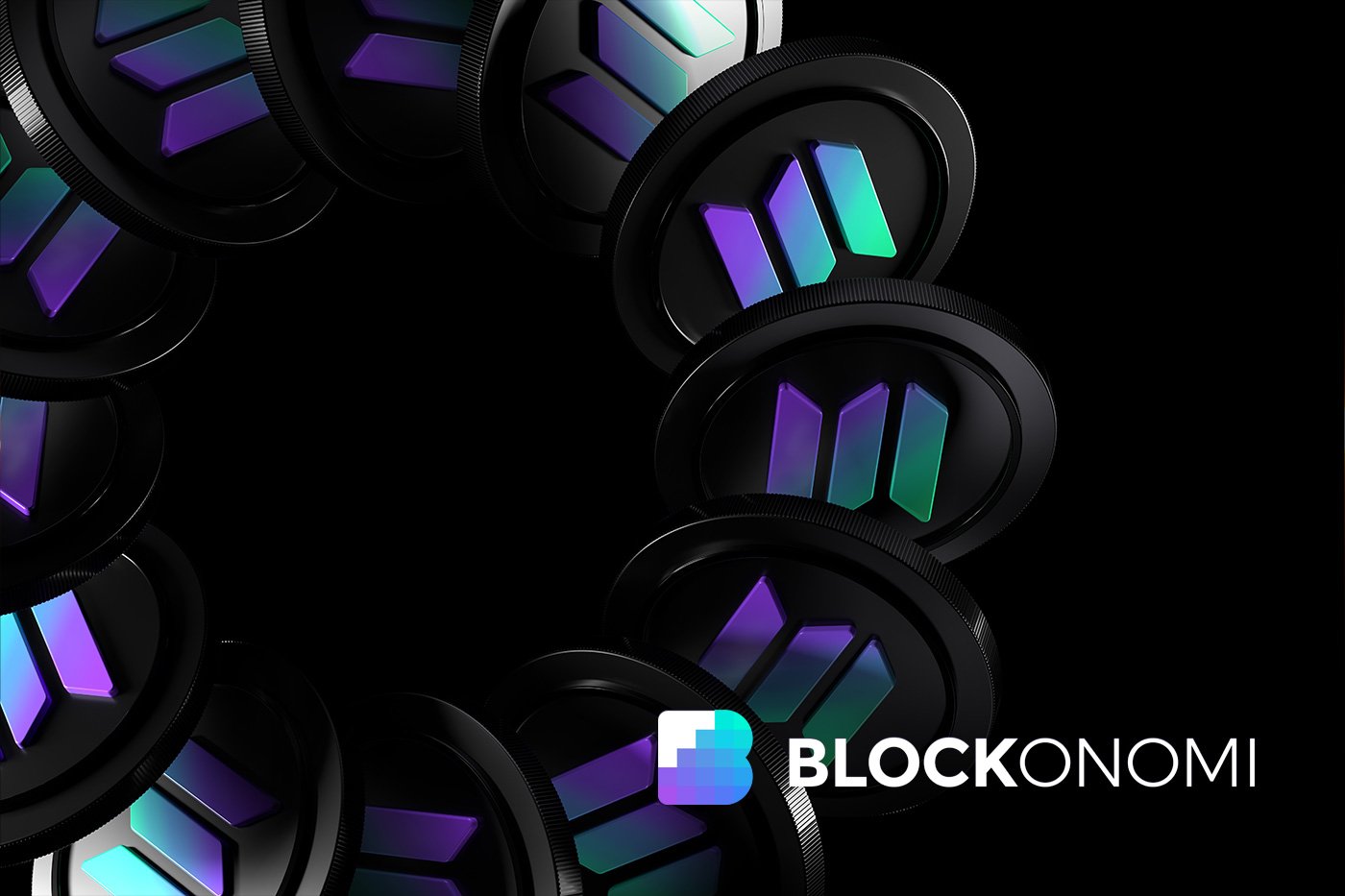
Solana’s Alpenglow Upgrade: A Game-Changer in Blockchain Technology
The Solana blockchain is setting a new benchmark in transaction speed and efficiency with the Alpenglow consensus upgrade, also known as SIMD-0326. This transformative update, which has garnered overwhelming community support, promises to reduce block finality times from an average of 12.8 seconds to an astonishing 150 milliseconds.
What is Alpenglow?
Alpenglow introduces two groundbreaking mechanisms—Votor and Rotor. These technologies aim to revolutionize Solana’s transaction processing capabilities:
- Votor: Aggregates validator votes off-chain, minimizing network overhead and enabling near-instant block confirmation.
- Rotor: Enhances block propagation by reducing redundancy and bandwidth demand among validators.
The result? A blockchain network with speeds comparable to centralized exchanges, dramatically improving user experiences for decentralized finance (DeFi) platforms, gaming, and trading applications.
Why Alpenglow Matters
Alpenglow’s sub-second block finality sets a new industry standard, making it particularly appealing to high-frequency traders and institutional investors requiring low-latency settlement solutions. By transitioning Solana into a highly efficient, low-lag platform, developers and enterprises can leverage its capabilities for innovative applications.
Key Economic and Structural Changes
To streamline economic processes, Alpenglow replaces per-slot validator vote fees with a flat Validator Admission Ticket (VAT) system. Validators will pay a 1.6 SOL fee per epoch, which is burned to maintain token balance. Supporters argue that this enhances cost predictability, but critics believe it could disadvantage smaller validators.
Although the upgrade will undeniably boost performance, the higher hardware requirements for validators have sparked concerns about centralization risks. Larger players with significant resources are poised to benefit more, potentially leading to validator concentration.
Governance and Participation Are Crucial
For Alpenglow to succeed, Solana’s governance process requires a two-thirds supermajority vote with a 33% quorum, including abstentions. While over 99% of early voters back the upgrade, turnout must increase before the September 2 deadline to meet governance thresholds. Validator participation remains critical for the upgrade’s successful implementation and long-term stability.
What Happens Next?
If approved, the Alpenglow upgrade will undergo client readiness checks before a full rollout. Developers will monitor the network post-launch to ensure stability and address any potential issues. The long-term adoption of this upgrade will depend on whether Solana navigates critical governance and validator equity challenges.
Boost Your Blockchain Journey
Want to explore blockchain opportunities while staying ahead in the game? Check out Ledger Nano X, a premium cryptocurrency hardware wallet designed for secure and seamless asset management. Ideal for crypto enthusiasts, this device ensures your assets stay safe in an ever-evolving market.
Why Alpenglow Stands Out
Balancing performance and decentralization, Alpenglow solidifies Solana’s position as a leading Layer-1 blockchain. By addressing both speed and user experience, this upgrade provides the technological edge necessary to attract a larger ecosystem of developers and investors.





